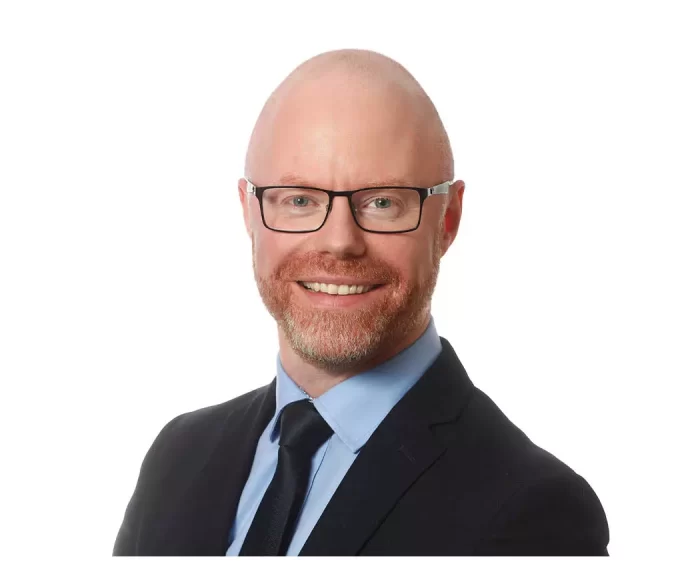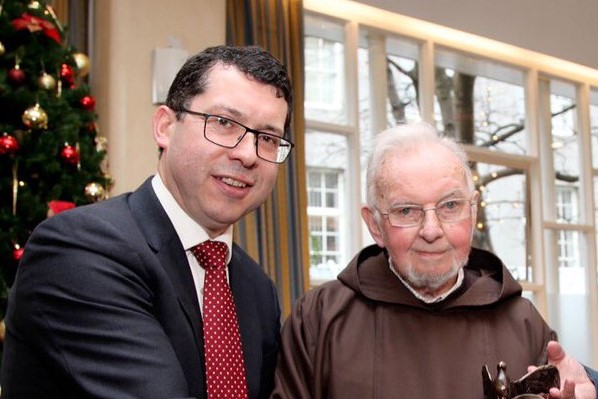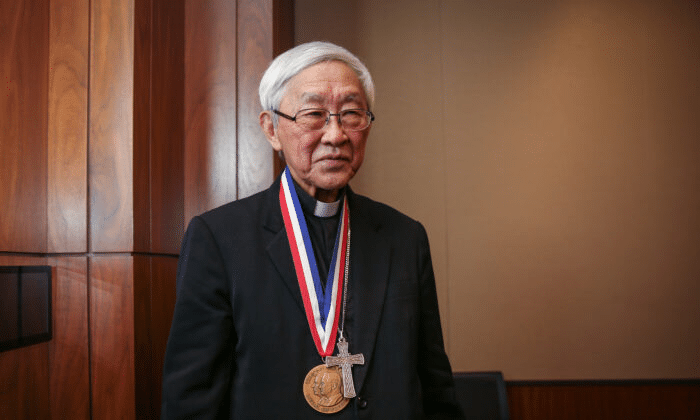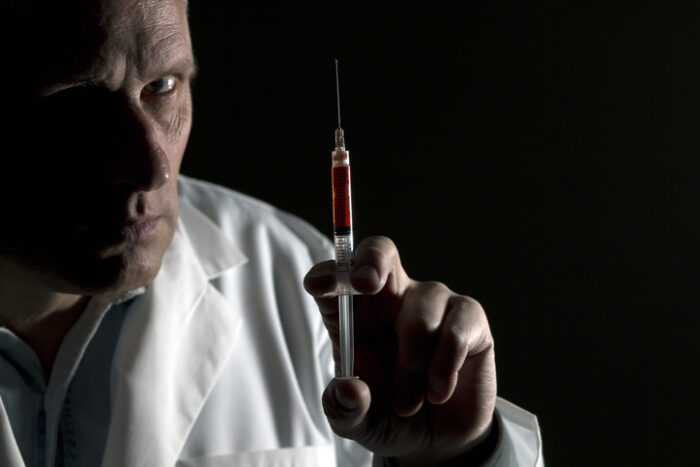Muslim extremists in eastern Uganda last month cut off the hand of a 42-year-old father who left Islam to become a Christian in June, sources told local media.
Musa John Kasadah of Maumo village, Luuka District was ambushed last week as he tried to flee to safety with his family, who had joined him in putting faith in Christ at an open-air event on June 17, said his wife, Asiya Naigaga. The couple have six children, including two adults.
Kasadah was attacked at about 11:45 a.m. at Nakabondo village, near Bukadde village, while fleeing for safety to Nawaningi village, Iganga District, she said.
After Kasadah and his family had attended church services for three weeks and missed mosque Friday prayers, sources said, their pastor received a message from one of Kasadah’s brothers that read, “It has come to our attention that Musa Kasadah and the family are attending your church. This should stop immediately, otherwise your church is at risk.”
The pastor arranged for the Kasadah family to be move to a safe location, but they were tracked and apprehended by the extremists before they reached there.




















